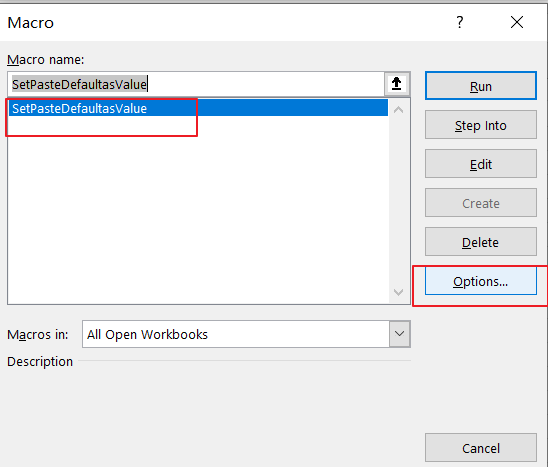

Public static async Task AddMessageAsJsonAsync(this QueueClient queueClient, T objectToAdd) where T : class

I updated it for and also added a "Retrieve and Delete" method that deserializes the object from the queue. I liked approach to serialize with Newtonsoft.Json. Var myobject = _queue.GetMessage().Deserialize() _queue.AddMessage( CloudQueueMessageExtensions.Serialize(myobject)) Public static T Deserialize(this CloudQueueMessage m) Return new CloudQueueMessage(stringBuilder.ToString()) StringBuilder.Append(JsonConvert.SerializeObject(o)) StringBuilder.Append(o.GetType().FullName) Public static CloudQueueMessage Serialize(Object o) Public static class CloudQueueMessageExtensions I like this generalization approach but I don't like having to put Serialize attribute on all the classes I might want to put in a message and derived them from a base (I might already have a base class too) so I used. Throw new ArgumentOutOfRangeException("connectionString", "Invalid connection string was introduced!") ĬloudQueueClient clnt = acc.CreateCloudQueueClient() ĬloudQueue queue = clnt.GetQueueReference(processQueue) If (!CloudStorageAccount.TryParse(connectionString, out acc)) Public string BlobReferenceString Īnd make a queue that works with that message: CloudStorageAccount acc Public class ParseTaskMessage : BaseMessage Then, all you have to do is to inherit the BaseMessage: Return queue.GetMessage(TimeSpan.FromSeconds(120)) Public void DeleteMessage(CloudQueueMessage msg) New CloudQueueMessage(message.ToBinary()) Then a StdQueue (a Queue that is strongly typed): public class StdQueue where T : BaseMessage, new() Using (MemoryStream ms = new MemoryStream(buffer)) Public static T FromMessage(CloudQueueMessage m) Using (MemoryStream ms = new MemoryStream())
And these single lines are separated by newline.You can use the following classes as example: īinaryFormatter bf = new BinaryFormatter() It reads all the lines from a single file and merges all these lines into a single line with each line separated by tab. s (serial): We can merge the files in sequentially manner using the -s option. More than one character is specified $ paste -d "|," number state capitalįirst and second file is separated by '|' and second and third is separated by ','.Ģ. Only one character is specified $ paste -d "|" number state capital

SET A PASTE QUEUE ANDROID
Android App Development with Kotlin(Live).
SET A PASTE QUEUE FULL
Full Stack Development with React & Node JS(Live).Java Programming - Beginner to Advanced.Data Structure & Algorithm-Self Paced(C++/JAVA).Data Structures & Algorithms in JavaScript.Data Structure & Algorithm Classes (Live).


 0 kommentar(er)
0 kommentar(er)
